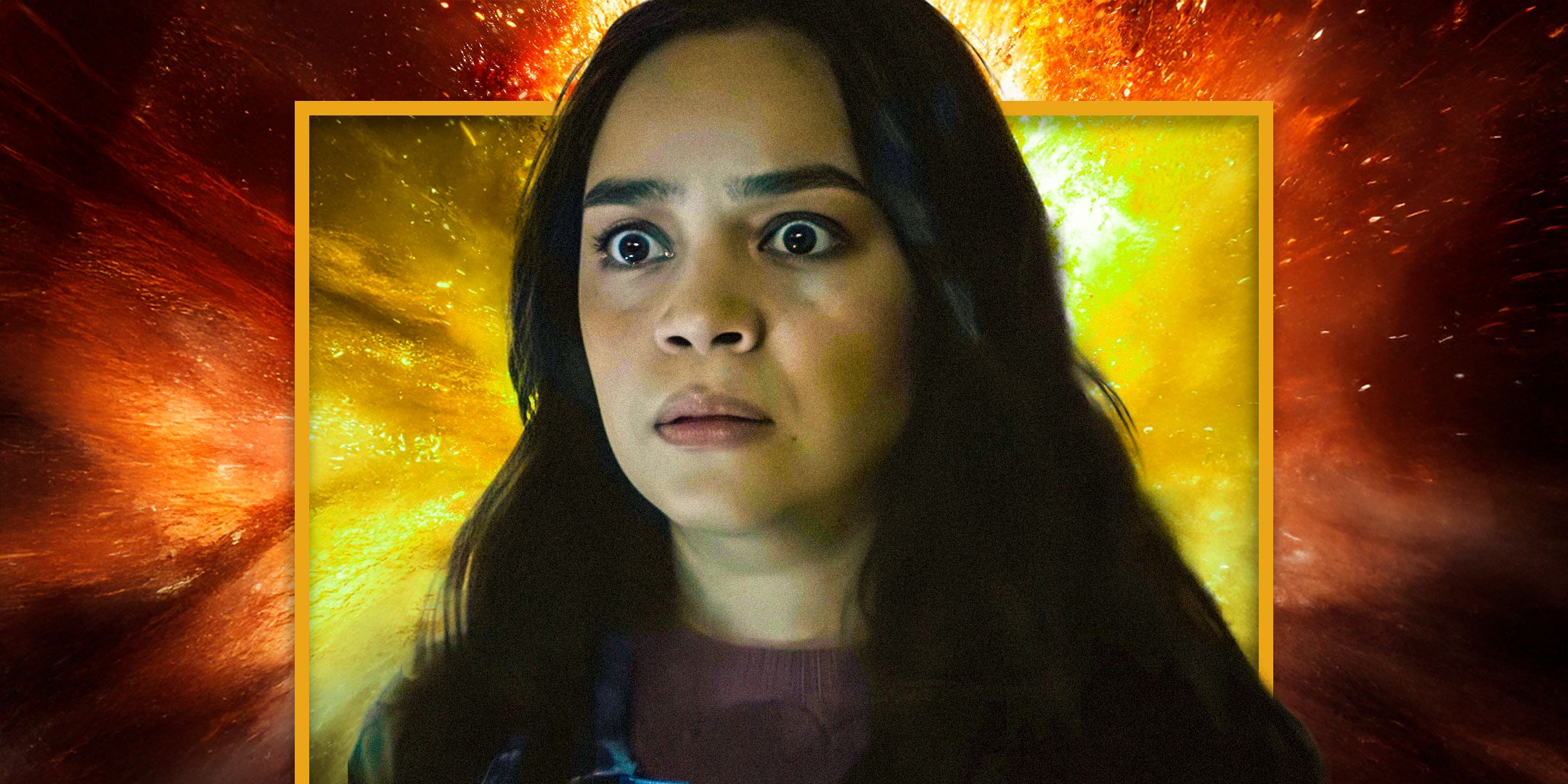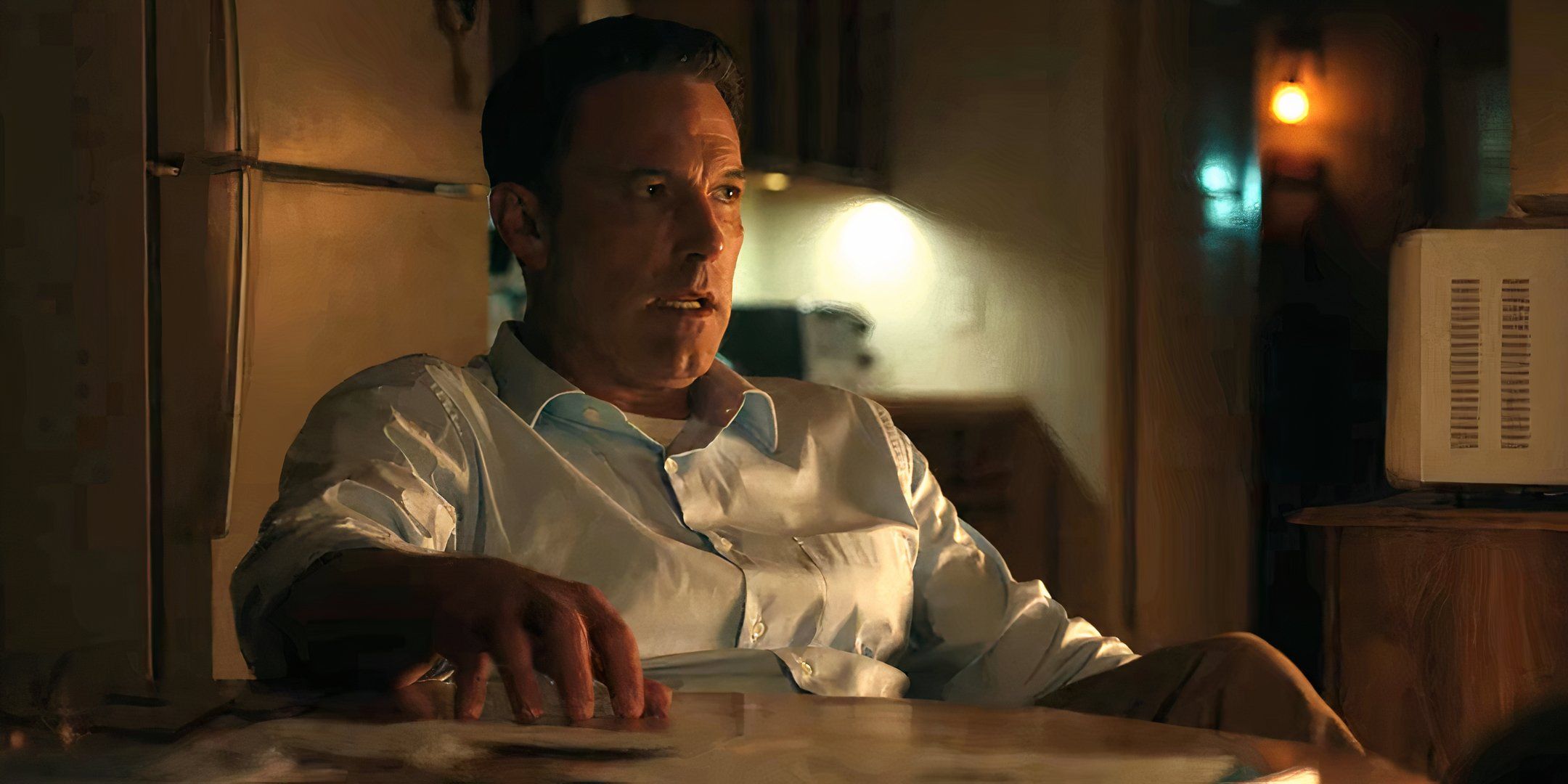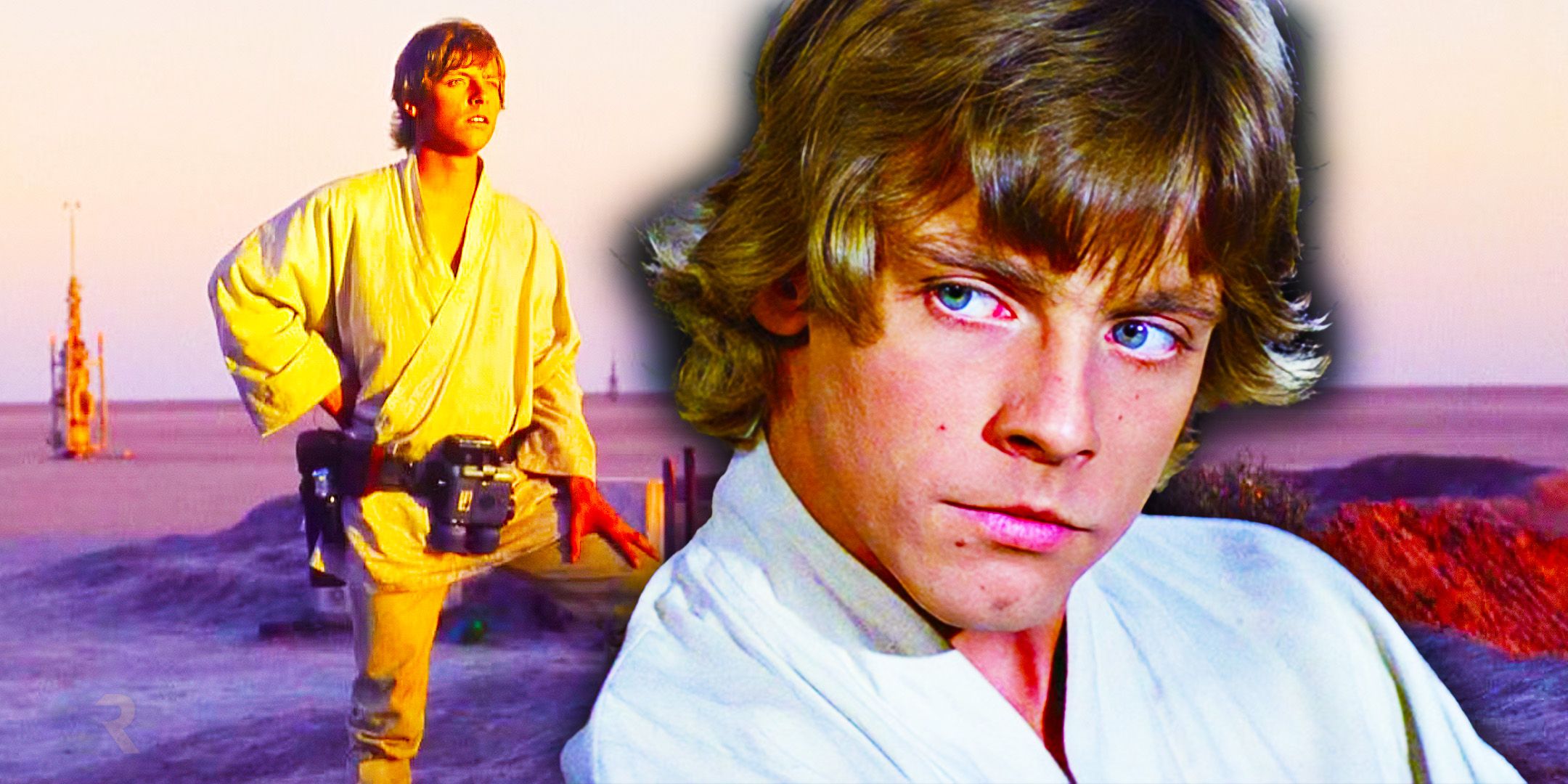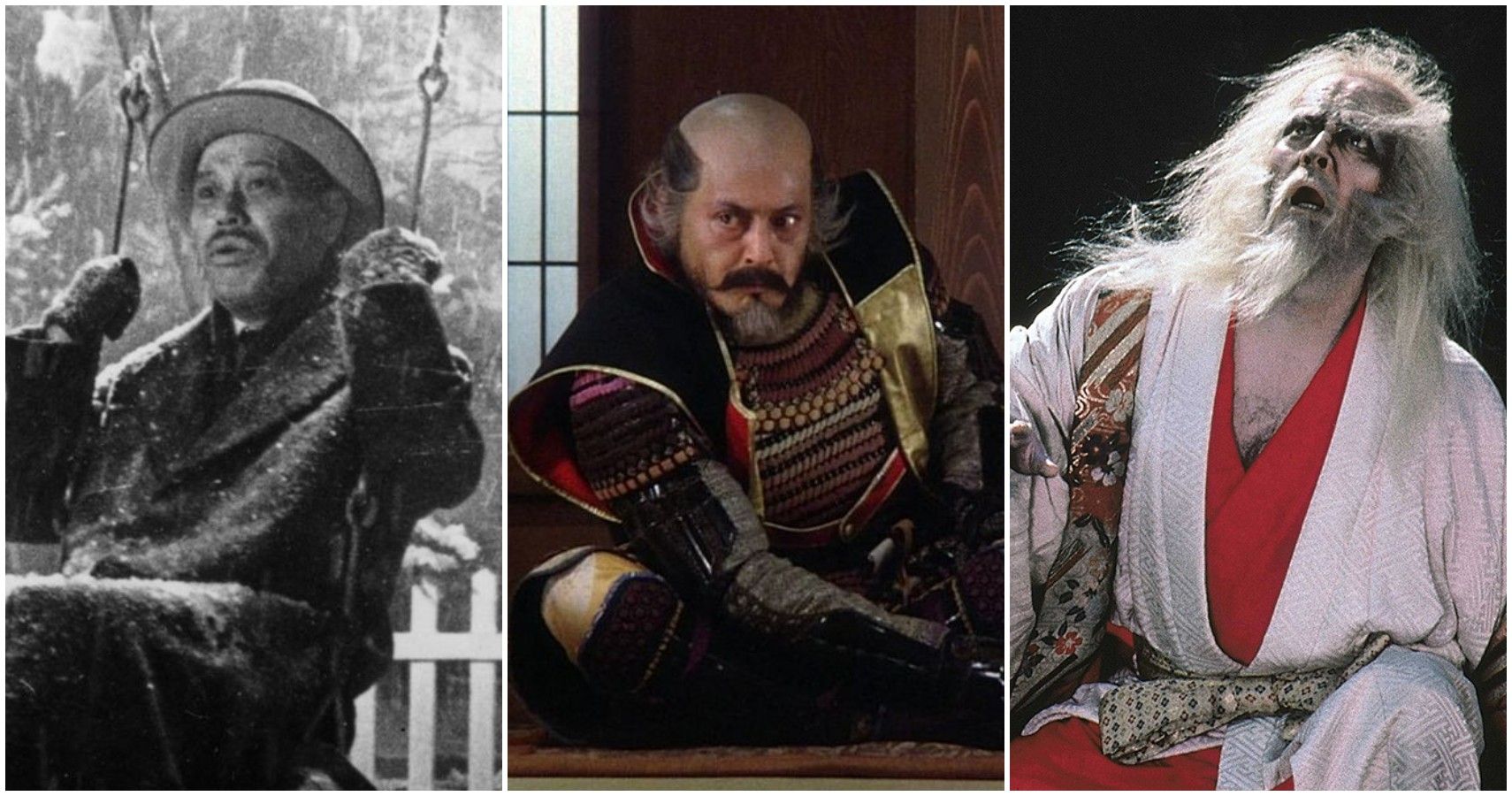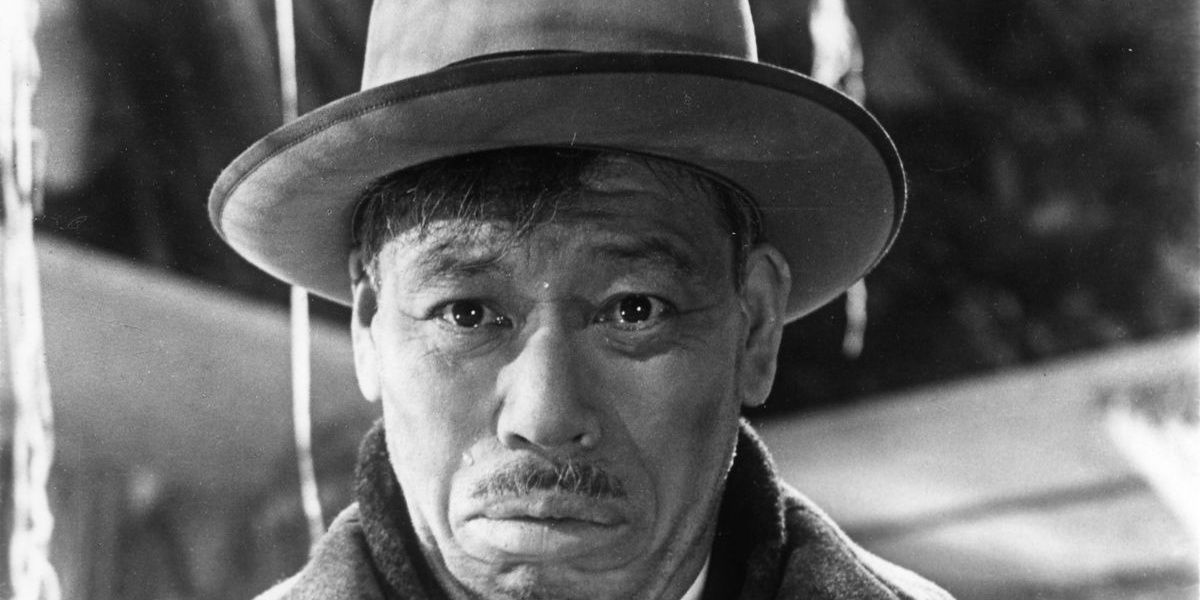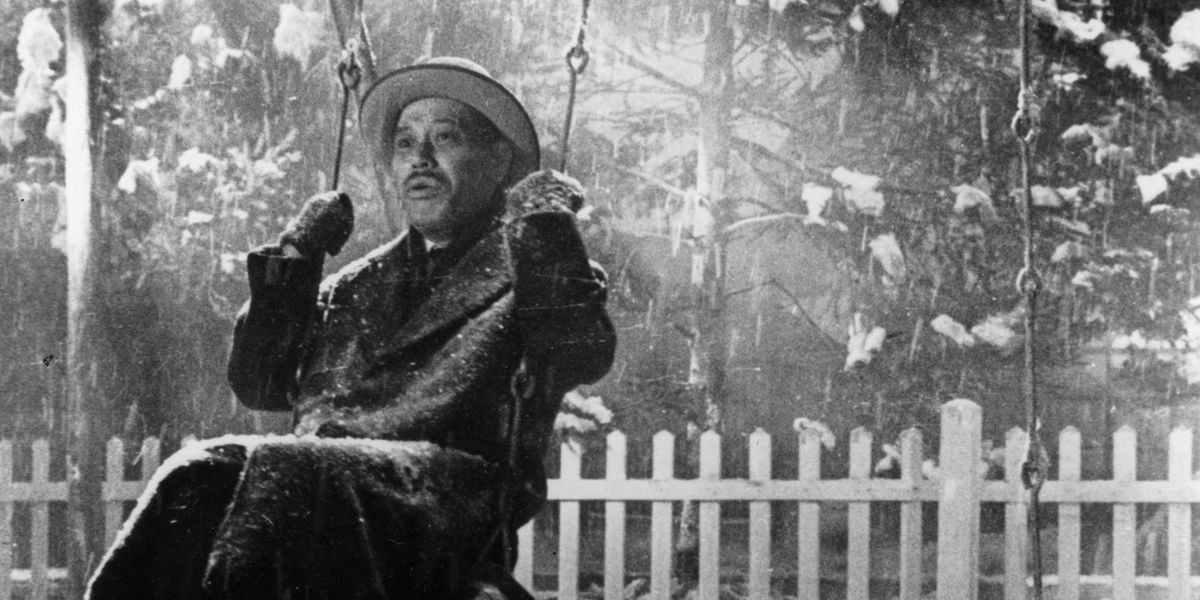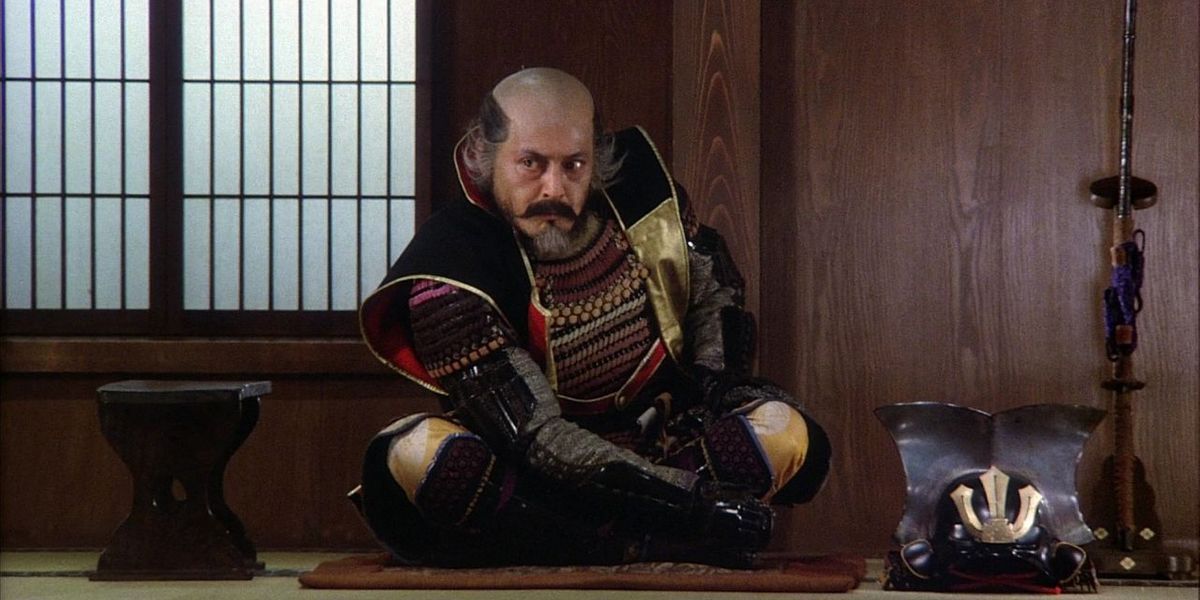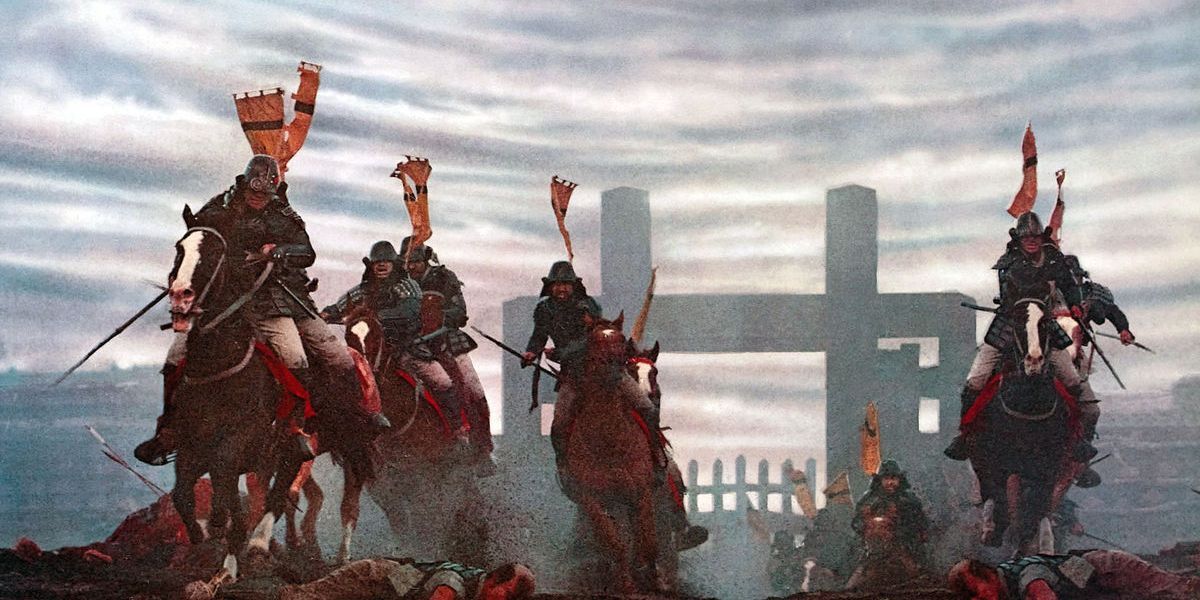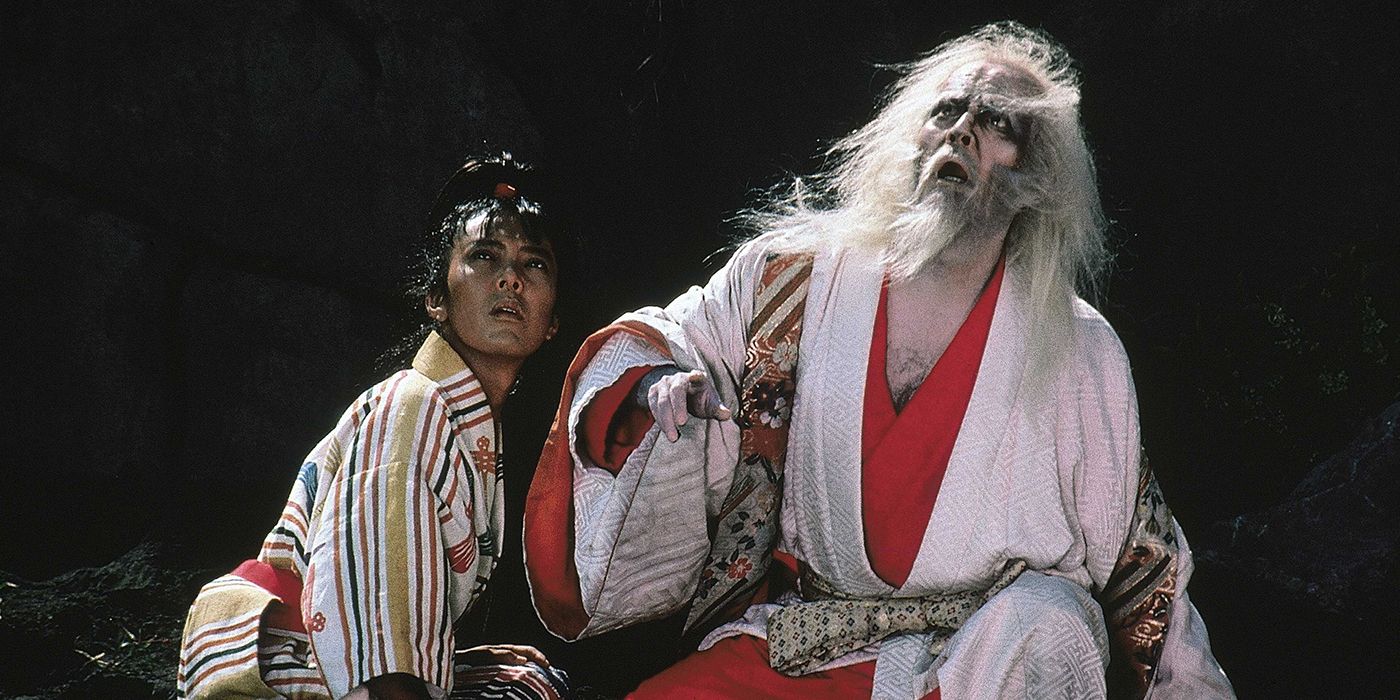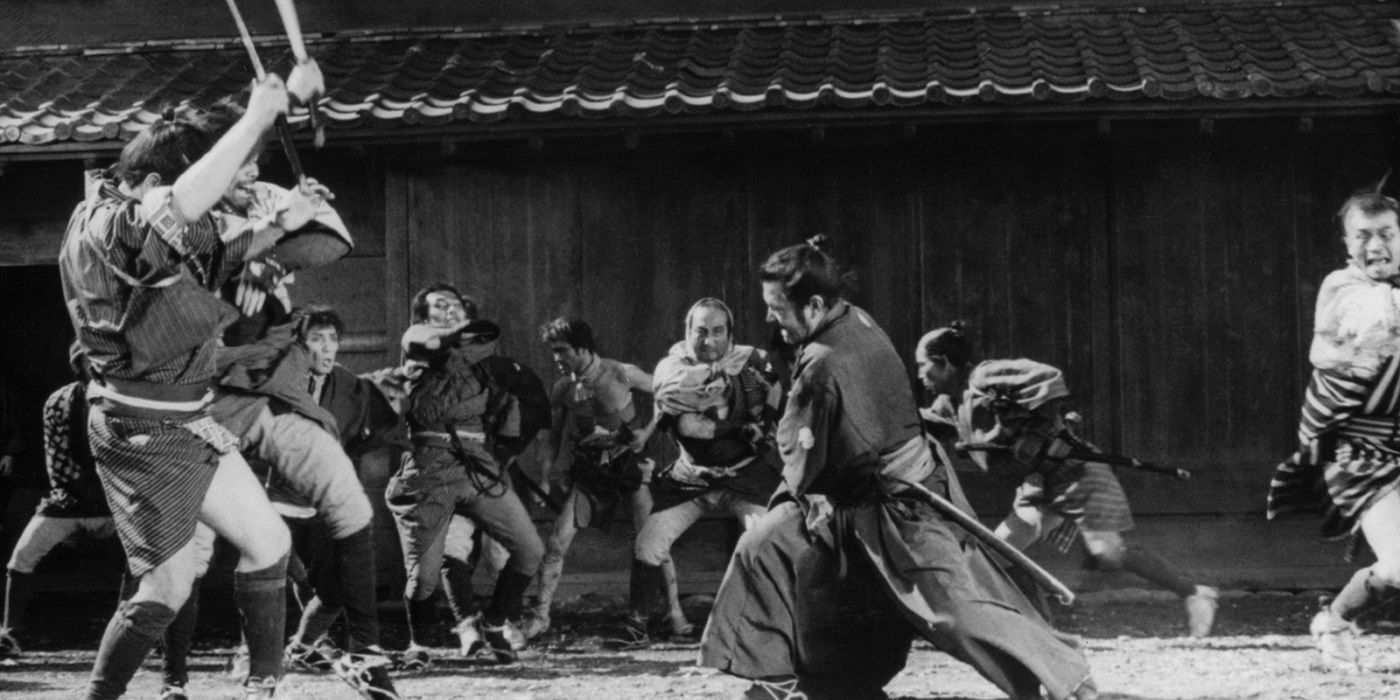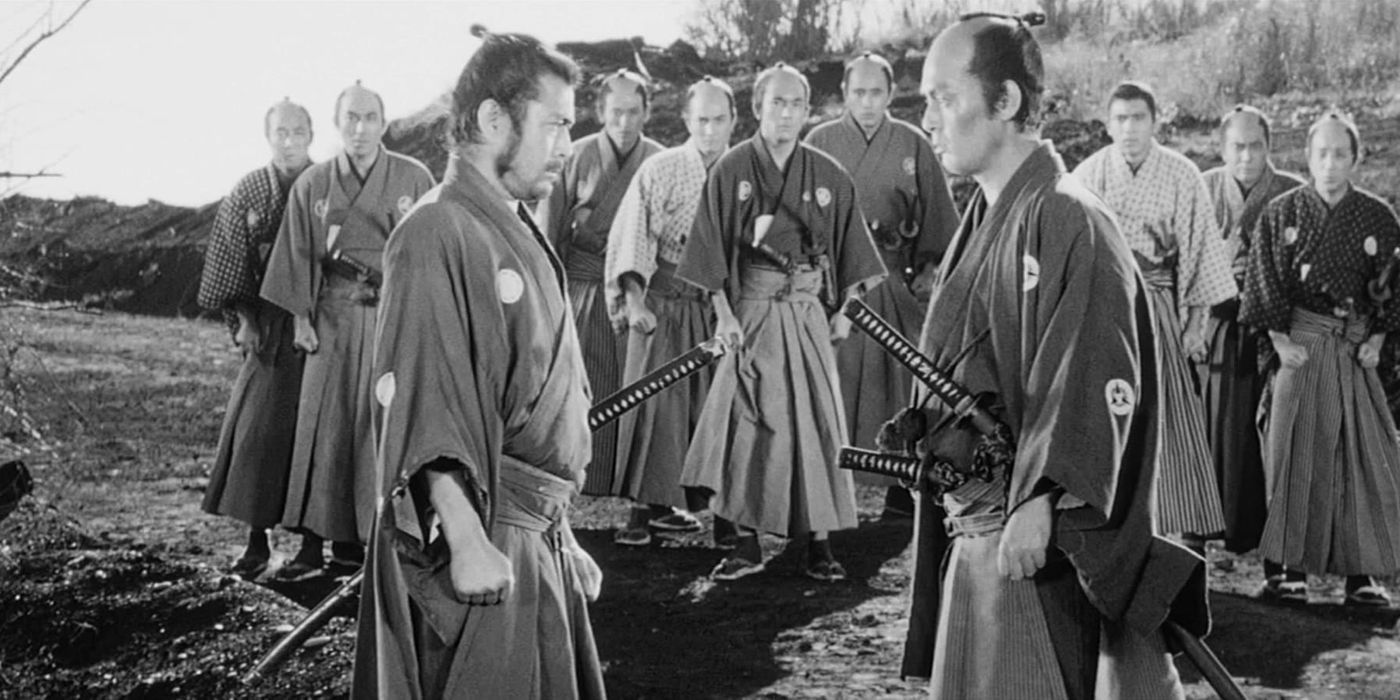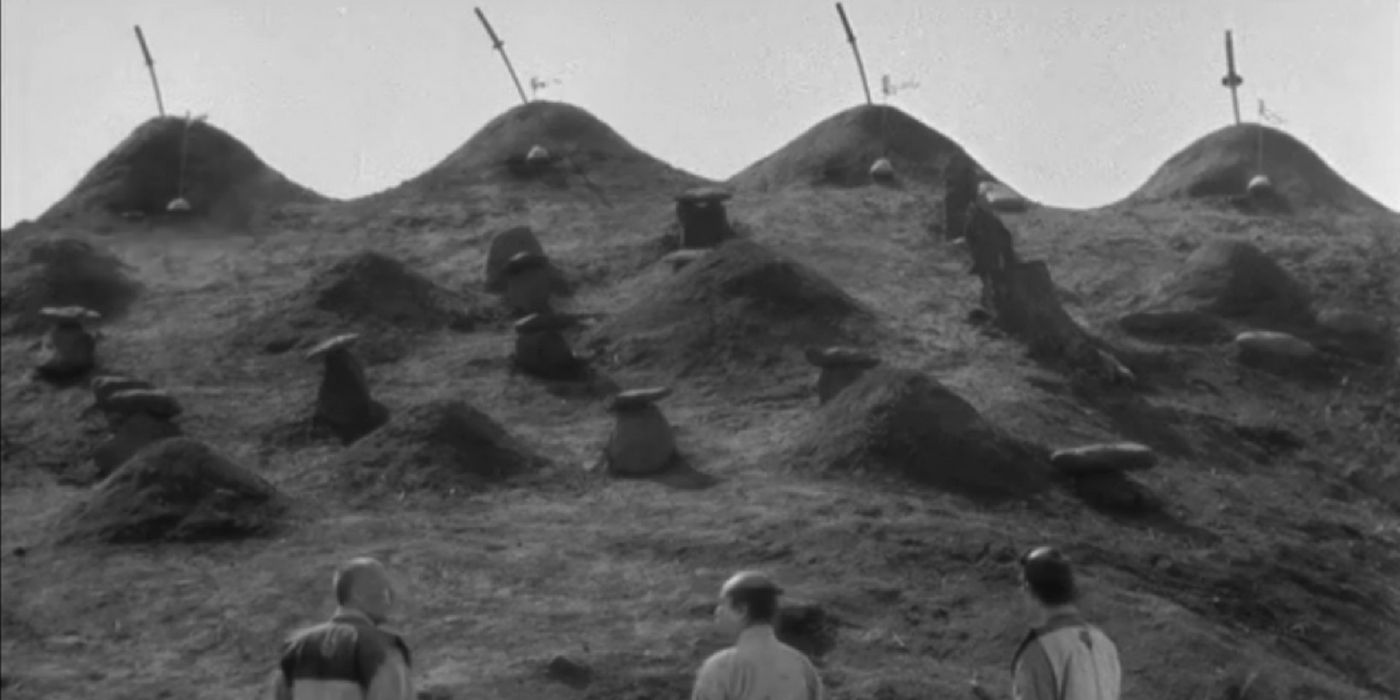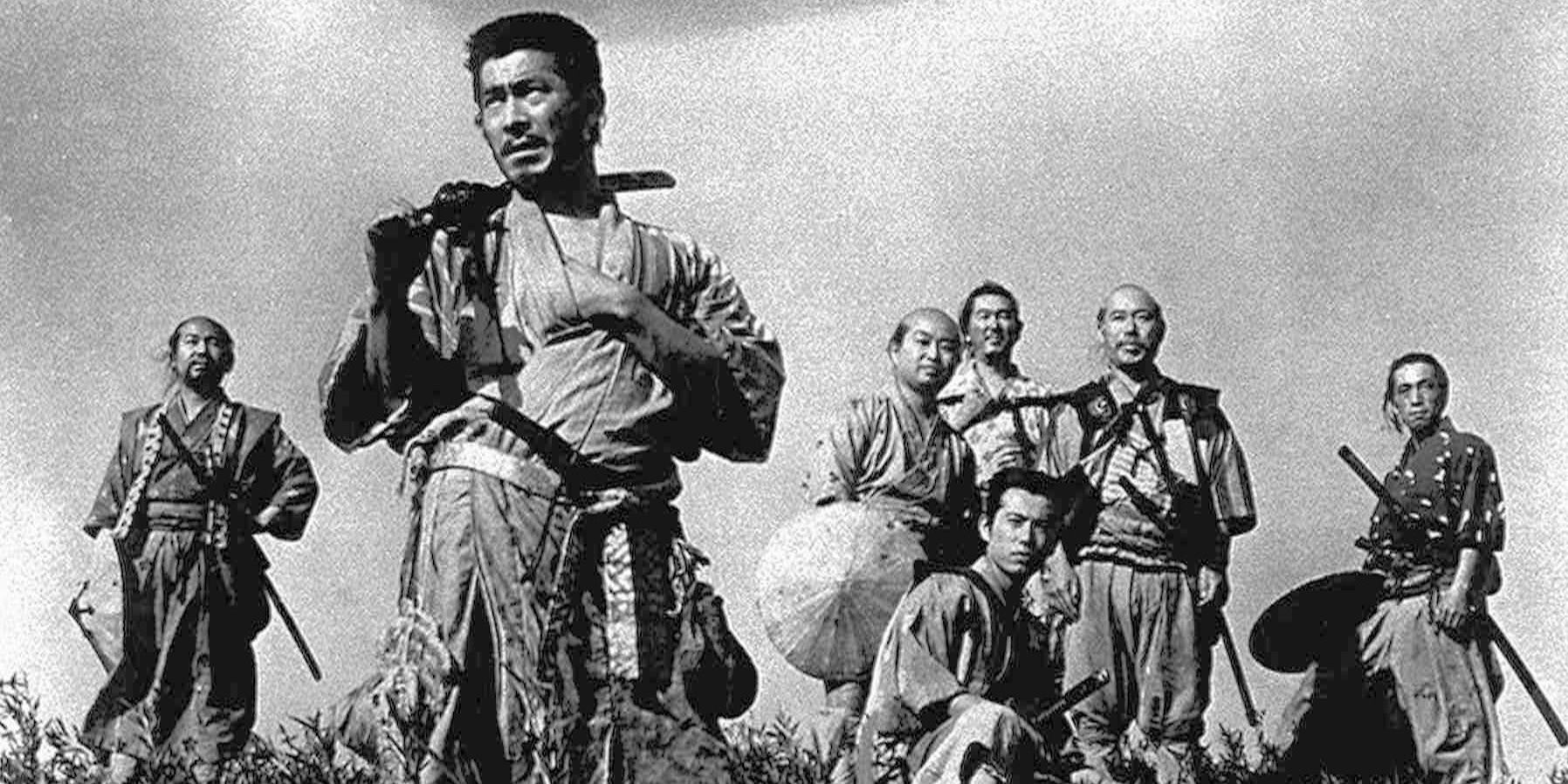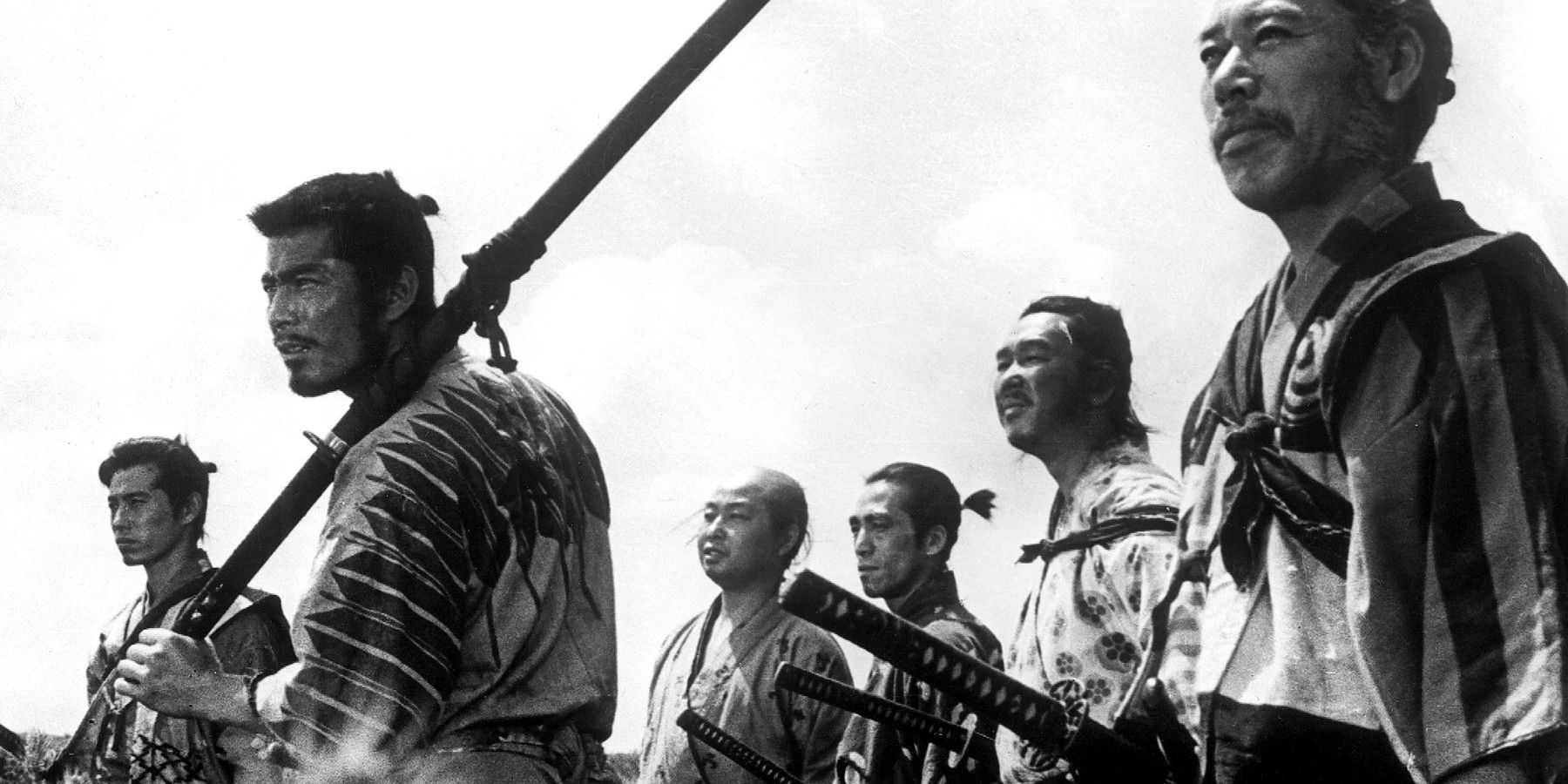Related
Apart from like an expert composing action and stop in all his films , director Akira Kurosawa ’s negotiation is also a tale marvel . All his characters represent something be it an idea or one of the many facades of humanity . Hence , most histrion and actresses ( unremarkably the former ) in his motion picture all have something good to transmit in each view .
For that topic , there ’s no famine of wise and philosophical citation in all ofAkira Kurosawa ’s most prominent films . All these wisdom bombs and natural negotiation from the character only serve to further immortalize theartistic economic value of the said moviesas well as their impingement on filmmaking and visual medium in general .
“How Tragic That Man Can Never Realize How Beautiful Life Is Until He Is Face To Face With Death.” - Ikiru
Ikiruset the trend for the good old fashioned cancer trope for film where the booster abruptly learn that he only has a few brusk months or year to live and decides to pass what remains of it more meaningful . That ’s why that sorting of mentality for most human organism got summed up by one of the eccentric unnamed characters in the picture .
That would be the novelist who maneuver the supporter in one of the latter ’s nightlife escapades in Tokyo as he tries to make out with his newfound suffering . The novelist was certainly inspired by the protagonist ’s predicament as were legion Hollywood and anime filmmakers and showrunners .
“I Don’t Have Time To Hate Anyone. I Don’t Have That Kind Of Time.” - Ikiru
The protagonist inIkiru ? His name was Kanji Watanabe and he was a typical painting of a Japanese bureaucrat who had only recognise work his whole grownup life . That ’s likely what contribute to how he feel like he wasted his living in pursuit of extrinsic things .
That all the more make Kanji ’s quote tragical since the ' he does n’t have that variety of time ' part means literally and figuratively . It seems that that cancer has shown him what really matters most in his life and what he has been neglecting all along .
“The Shadow Of A Man Can Never Stand Up And Walk On Its Own.” - Kagemusha
Kagemushais one ofAkira Kurosawa’smost grace titles and it ’s an epic period small-arm set during the Sengoku point of Japan . There , a stealer and convicted criminal was forced to pose the at rest feudal lord discover Takeda Shingen so as to dissuade the faction ’s mightiness - hungry enemies from aggress .
Hence , the context of the line above is made more intense as it was uttered by none other than one of the younger brother of Takeda Shingen . It ’s something he remarks to his fabled dead brother ’s impersonator . Of course , in any other setting , it ’s also a great line of descent in itself .
“In A Mad World, Only The Mad Are Sane.” - Ran
Much likeKagemusha , Kurosawa’sRanis another epic historic dramatic play involving feudalistic warfare in Japan ’s war State Department period . This one , however , is an adaptation of Shakespeare’sKing Lear . It follows the same plot where a become flat lord of a castling is get trouble with his three sons who are fighting for his district .
The boiling pointedness of this engagement is depicted perhaps the most visceral actionsequence of samuraiand feudal combat in Japan where soldier and civilians are dying left and right all around the old and senile feudalistic lord . By then , it should be soft to see who mentioned that quotation mark above .
“I Am Lost…” “Such Is The Human Condition.” - Ran
Throughout all the hell and madness ofRan , the said feudal lord , named Ichimonji Hidetora , is the equivalent of King Lear himself . He briefly ends up as a fugitive from justice in the movie with a bounty on his head due to the transgressions of his Son .
Only a few good humanity remained patriotic to him such as one of his sons and the homage fool named Kyoami . Such was the nature of Hidetora ’s senility that at one point he even move off run into a vent and not even the profound words of a sucker could shake him out of his downslope into insanity .
“I Guess There’s No Cure For Stupidity, Except For Death.” - Yojimbo
There ’s no denying that Toshiro Mifune ’s acting chopper were bestutilized by Akira Kurosawa . The doer ’s most memorable performances were him being the mostunconventional samuraiever , namely inYojimbo . It ’s where Mifune ’s nameless role employ his rabid and mature window dressing well as a calloused ronin .
When it come to the brand , he was the good inYojimboand can easily kill wads of armed combatants in a few seconds . The kicker is that he does n’t really enjoy killing them and favour to show mercy to those who recognize their foolishness . Those who do n’t will find out their lessons before long enough in hell on earth and it just so happens that most of the multitude he killed inYojimboare clueless half - mentality .
“The Best Sword Is Kept In Its Sheath.” - Sanjuro
Sanjurois the sequel toYojimboand continues the misadventures of Mifune ’s nameless ronin . In keep with the enjoin ronin ’s reluctance in combat and taking away lives way too easily , he imparts one of the most pacifistic content to the young samurai who idolise his murderous artistry .
His advice ? Do n’t fight ; as a true warrior train to restrain themselves rather than to murder their enemies . Mifune ’s type even had to check this valuable lesson from a wise former geisha and concubine whom he initially gibe at for giving him some wisdom .
“Is There No God To Protect Us?” - Seven Samurai
Now , on to Akira Kurosawa ’s endorse magnum opus and the grandad of natural process movie , Seven Samurai . Compared to today ’s monetary standard , it had a simple plot as per today ’s standards but back then , it was a storytelling goldmine . For one , it featured a societal class not normally present in 1950s movies– Fannie Farmer who are not only crush but also do-or-die .
The film was put during Japan ’s feudalistic period where bandit are constantly raiding defenseless land villages . Hence , that quote above exists as a wail of the villagers . It ’s one of the most democratic possible action line in a movie and is also reference sometimes .
“Find Hungry Samurai. Even Bears Come Down From The Mountains When They Are Hungry.” - Seven Samurai
Of course , those poor helpless farmer are not all hopeless . They do have an elder nominate Gisaku and he was the one the village look to for any insight or programme . Gisaku propose that the village fight back but they have no means to do it by themselves so they must hire samurai .
Since they ’re all poor , they ca n’t really afford some of the mostdecorated samuraiserving logical clans . So , Gisaku suggested finding lordless wandering samurai , otherwise known as ronin . What follows next was the village hiring seven of the most peculiar samurai ever .
“What Do You Think of Farmers? You Think They’re Saints? Hah!” - Seven Samurai
Those seven odd samurai who did n’t care much about payoff ? One of them was diagnose Kikuchiyo and he was played by none other than Toshiro Mifune . Kikuchiyo was the lover - best-loved extremity of the seven and he always steal any scene where he ’s present . Not much is live about him but he revealed quite a lot with his ranting about farmers and their survivalist shenanigan .
He claimed that the piteous Farmer were n’t really that impeccant but it ’s mostly the samurai who were to blame for that . By doing so , Kikuchiyo reveal that he was a farmer ’s son as well as paint a picture of how the feudal system in the Sengoku period further fueled the family water parting . Not many films can convey that much with just a rant these 24-hour interval .
NEXT:10 read To Watch If You Liked Samurai Jack
